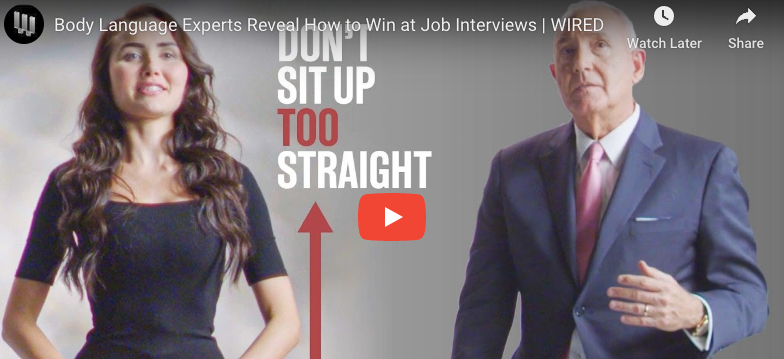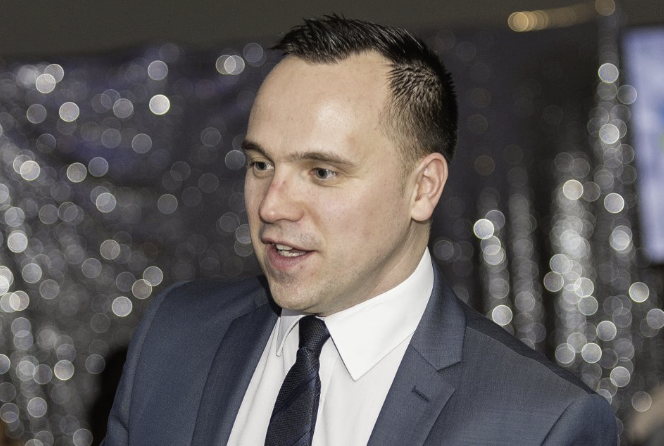Navigating a job interview can be a daunting experience, but understanding the nuances of body language can give candidates a significant advantage. Experts from a recent WIRED video have shed light on key strategies to excel in interviews, emphasizing the power of non-verbal communication.
What You Will Learn (Key Points)
The Silent Start of the Interview Contrary to popular belief, the interview starts well before the first question is asked. From the moment candidates step onto the premises, every action counts. How one interacts with staff, the way a resume is handled, and even parking choices can form initial judgments. It’s not just about what you say, but how you present yourself in these early moments.
The Handshake: Your First Physical Impression A handshake might seem trivial, but it’s a crucial element of first impressions. The experts advise against handshakes that are too firm or too weak, recommending a balanced grip that conveys confidence without aggression. This small gesture can set the tone for the entire interview.
Communication Beyond Words Once in the interview room, the real challenge begins. Active listening, maintaining good posture, and using gestures effectively are essential. Eye contact should be steady but not intimidating. This balance showcases engagement and respect for the interviewers.
Virtual Interviews: A New Frontier In the era of remote work, virtual interviews have become commonplace. Here, the control over the environment is key. Good lighting, sound quality, and a professional background are essential. The way one adapts to this new format can speak volumes about their adaptability and technical savvy.
Conclusion
Leaving a Lasting Impression As candidates leave the interview room, their demeanor should remain professional and confident. The interview is not over until they are out of sight. This lasting impression can be just as impactful as the first.
In essence, mastering the art of body language in job interviews is about understanding that every gesture, expression, and interaction plays a part in the overall impression one makes. By honing these non-verbal skills, candidates can significantly enhance their chances of success.

